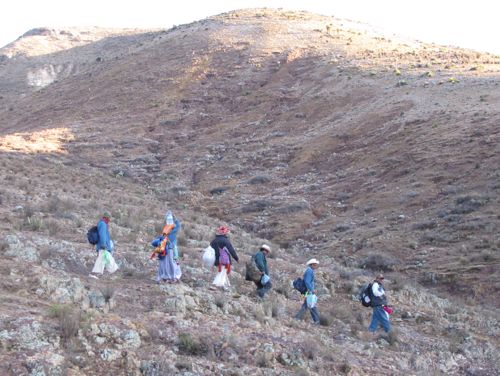Mountaintop removal mining polluting nearly one in four streams in southern West Virginia
By Duke University Water pollution from surface coal mining has degraded more than 22 percent of streams and rivers in southern West Virginia to the point they may now qualify as impaired under state criteria, according to a new study by scientists at Duke and Baylor universities. The study, published this week in the peer-reviewed journal Environmental Science & Technology, documents substantial losses in aquatic insect biodiversity and increases in salinity linked to sulfates and other pollutants in runoff from mines often located miles upstream. ...
